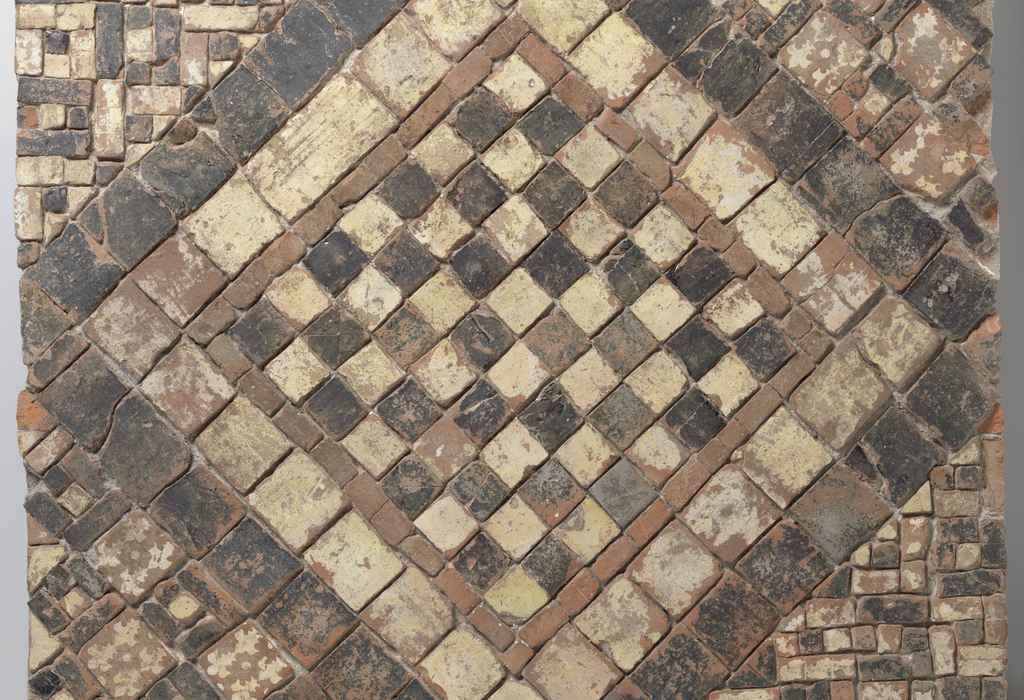Drs. P.S. (Pauline) Onderwater
- Kloveniersburgwal 48
-
Postbus 1610
1000 BP Amsterdam
-
Pauline Onderwater
Pauline Onderwater (1983) is a self-funded PhD student at the University of Amsterdam. She finished her research master in 2007 and worked at the NIOD until 2010 on the website http://www.archievenwo2.nl. After that she worked as an independent researcher. In april 2017 she started her PhD research into the changing relations between Dutch citizens and local government during the First World War
Summary PhD research:
I will research how relations between civilians, society and government changed in the Netherlands during World War I, a time when pre-war notions of freedom of speech, censorship, civil rights etc. were heavily contested. Research in other countries has shown that the exogenous shock of the First World War had a profound effect on the changing relations between government and society and on notions of citizenship and democracy. Yet in the historiography in the Netherlands this process has usually been viewed as a teleological process in which social-economic pressures caused such notions to change slowly, without any consideration for the influence of events such as World War I.
Whereas top-down approaches have shown us the impact of the First World War on the Netherlands as a nation, the effects on the interaction between government and civilians and changing notions of civil society have received far less attention. By comparing metropolitan and rural areas, I will trace the effects of the war on a lower level. Municipalities were pre-eminently the loci where the relations between civilians and authorities became contested. It was here that the population expressed concerns about its safety, its health, its food, etc. It was also here that the real responsibility for the execution of national measures lay. This doctoral research will analyse the way in which local government responded to the demands caused by the war, the translation of national policies on a municipal level and the role played by expectations from civilians. -
Publications
‘Domestic Politics and Neutrality (The Netherlands)’ , in: 1914-1918-online. International Encyclopedia of the First World War, ed. by Ute Daniel, Peter Gatrell, Oliver Janz, Heather Jones, Jennifer Keene, Alan Kramer, and Bill Nasson, issued by Freie Universität Berlin, Berlin 2018-06-19. Available at: https://encyclopedia.1914-1918-online.net/article/domestic_politics_and_neutrality_the_netherlands
Review Friesland in de Eerste Wereldoorlog in: De Vrije Fries 98 (2018) 132-135.
Co-editor of: Zuid-Holland en de Eerste Wereldoorlog (Amsterdam 2017).
‘Brabant in de media’, in; Henk van der Linden, Pauline Onderwater, Tom Sas (eds.), Brabant en de Eerste Wereldoorlog (Amsterdam 2016).
‘“Een veiligheid, vrijheid en welvaart die in omringende landen schreeuwend ontbrak.” Nederland en de Eerste Wereldoorlog in de historiografie’, De Grote Oorlog. Kroniek 1914-1918, volume 30 (Soesterberg 2015) 331-345.
‘De Legerdagen in 1916-1918 van de vereniging Ons Leger’, Mars et Historia 48 (2014).
‘Amsterdam in de media’, in: Ron Blom en Henk van der Linden (eds.), Amsterdam en de Eerste Wereldoorlog (Amsterdam 2014).
‘Vrouwen met ballen’, Thema Tijdschrift. Nederland en de Eerste Wereldoorlog (2014) no. 1, 64-68.
‘Het Nederlandse leger en de revolutiedreiging, 1918-1920’, Mars et Historia 45 (2011), no. 1, 22-29.
‘De Fischer controverse’, De Grote Oorlog. Kroniek 1914-1918, volume 19 (Soesterberg 2009). This article is an extended version of the article mentioned below in Geschiedenis Magazine.
‘Falende idealen. De Volkenbond en de creatie van een nieuwe wereldorde’, De Grote Oorlog. Kroniek 1914-1918, deel 18 (Soesterberg 2009).
‘Duitslands schuld. Terugblik op de Fischer-controverse’, Geschiedenis Magazine 43 (2008) afl 4, 44-49.
Publication masterthesis: ‘Vaderland, Vorstenhuis en Weerbaarheid’. Generaal C.J. Snijders en debatten over de Nederlandse defensie en samenleving, 1914-1939 in: De Grote Oorlog. Kroniek 1914-1918, deel 16 (Soesterberg 2008).
‘Generaal Snijders: zijn rol tijdens het Interbellum’, Armex 91 (2007) afl. 2, 18-21.
-
Ancillary activities
No ancillary activities
